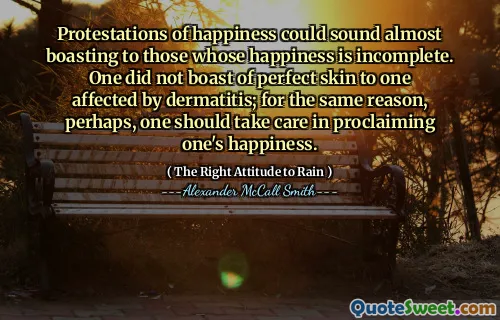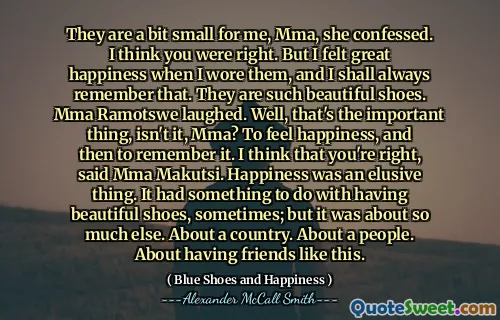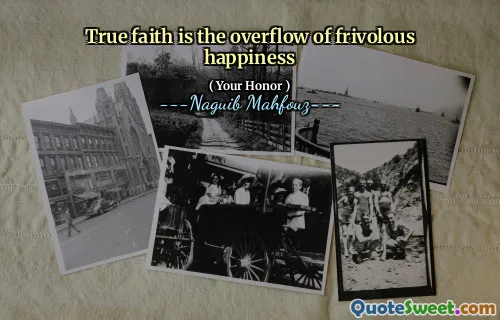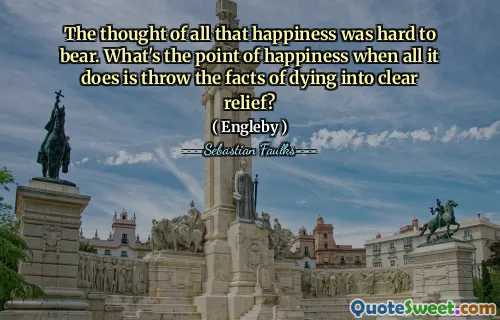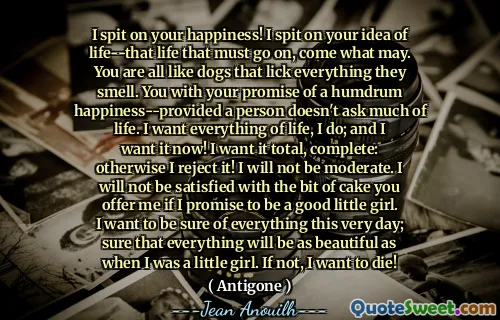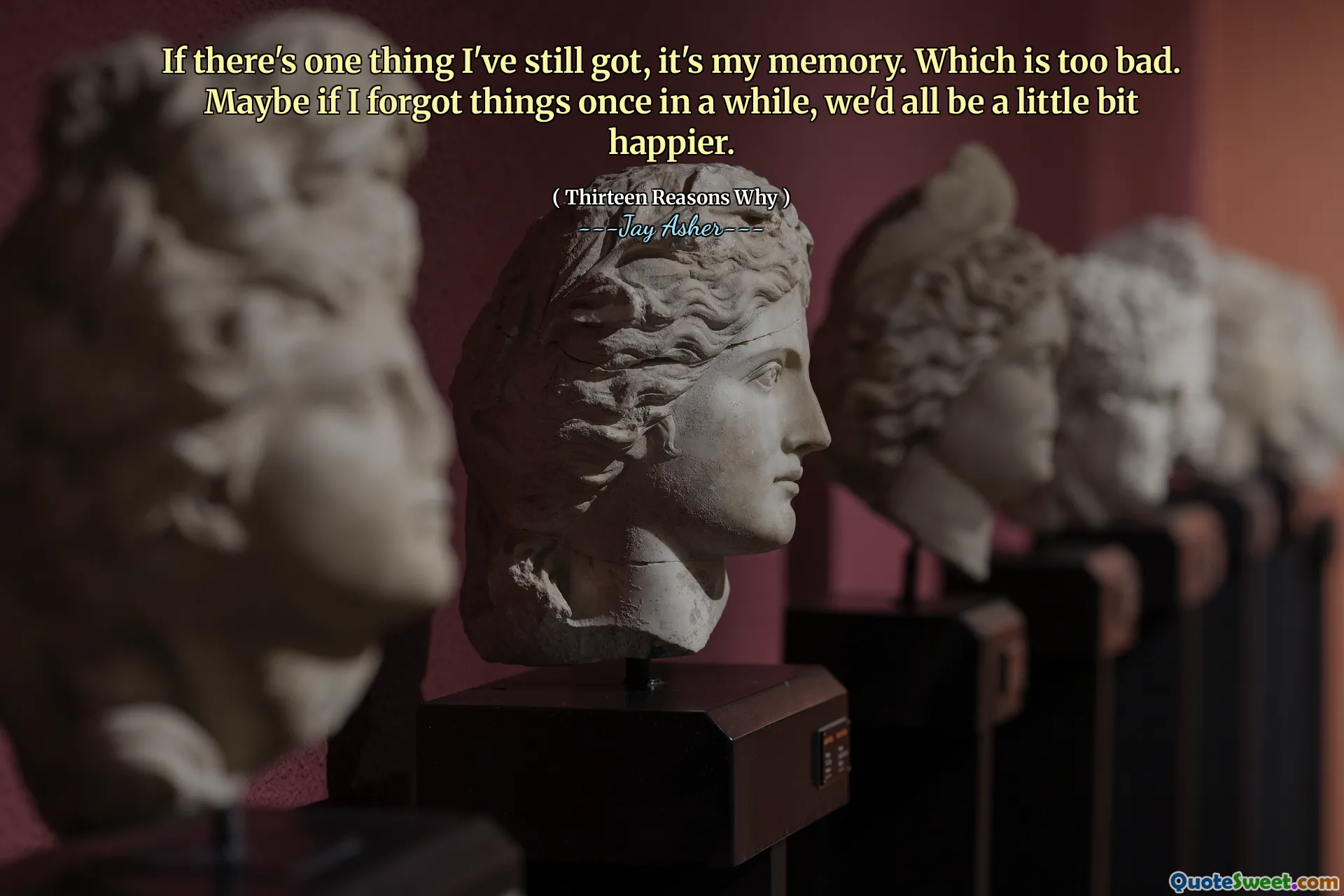
If there's one thing I've still got, it's my memory. Which is too bad. Maybe if I forgot things once in a while, we'd all be a little bit happier.
This quote explores the bittersweet nature of memory and its impact on our happiness. Memories serve as the foundation of our identity, shaping who we are through the experiences we hold dear and the lessons we learn along the way. However, the same memories can also be a source of pain, regret, and sorrow. When someone values their memory highly, it often indicates a recognition of its importance in maintaining a sense of self and continuity in life.
The statement that forgetting could lead to happiness resonates with the idea that some memories are burdensome. We often cling to past pain or mistakes out of a sense of identity or guilt, and these memories can hinder our ability to fully engage with the present or move forward. The desire to forget, then, becomes a wish for liberation from emotional weight, even if it means sacrificing parts of ourselves.
On a broader level, this quote prompts reflection on the human condition—how we are often prisoners of our histories yet also the custodians of them. It raises questions about whether happiness is better served by embracing or letting go of our memories. In some ways, a perfect memory could be a curse; in others, an invaluable treasure. The thought that forgetting might offer happiness touches on the universal longing for peace, simplicity, and the ability to reset, unburdened by the echoes of the past.
Ultimately, the quote captures a complex truth: our memories shape us in profound ways, and our relationship with them determines much of our emotional well-being. Balancing remembrance and forgetfulness might be the key to a more contented life, reminding us that sometimes, in the act of forgetting, there lies liberation.


